I am getting the below error.
Error: Redis connection to localhost:6379 failed - getaddrinfo EMFILE localhost:6379
at Object.exports._errnoException (util.js:870:11)
at errnoException (dns.js:32:15)
at GetAddrInfoReqWrap.onlookup [as oncomplete] (dns.js:78:26)
Node.js with MySQL db and redis concept is used. There are too many requests for fetching the data from MySQL so data is cached for 2 minutes by syncing with db. So when new requests arrives it checks in redis if found its serves from redis else data is retrieved from MySQL and cached in redis and sent as response. This keeps happening.
After some time probably 1 hour or 2 hours the server crashes resulting in above error. But as of now pm2 is used which restarts the server.
But need to know the reason for it.
Redis installation followed the instructions from here. https://www.digitalocean.com/community/tutorials/how-to-install-and-use-redis
Please let me know how to solve the issue...
Redis Connection File Code
var Promise = require('bluebird');
var redisClient; // Global (Avoids Duplicate Connections)
module.exports =
{
OpenRedisConnection : function()
{
if (redisClient == null)
{
redisClient = require("redis").createClient(6379, 'localhost');
redisClient.selected_db = 1;
}
},
GetRedisMultiConnection: function ()
{
return require("redis").createClient(6379, 'localhost').multi();
},
IsRedisConnectionOpened : function()
{
if (redisClient && redisClient.connected == true)
{
return true;
}
else
{
if(!redisClient)
redisClient.end(); // End and open once more
module.exports.OpenRedisConnection();
return true;
}
}
};
